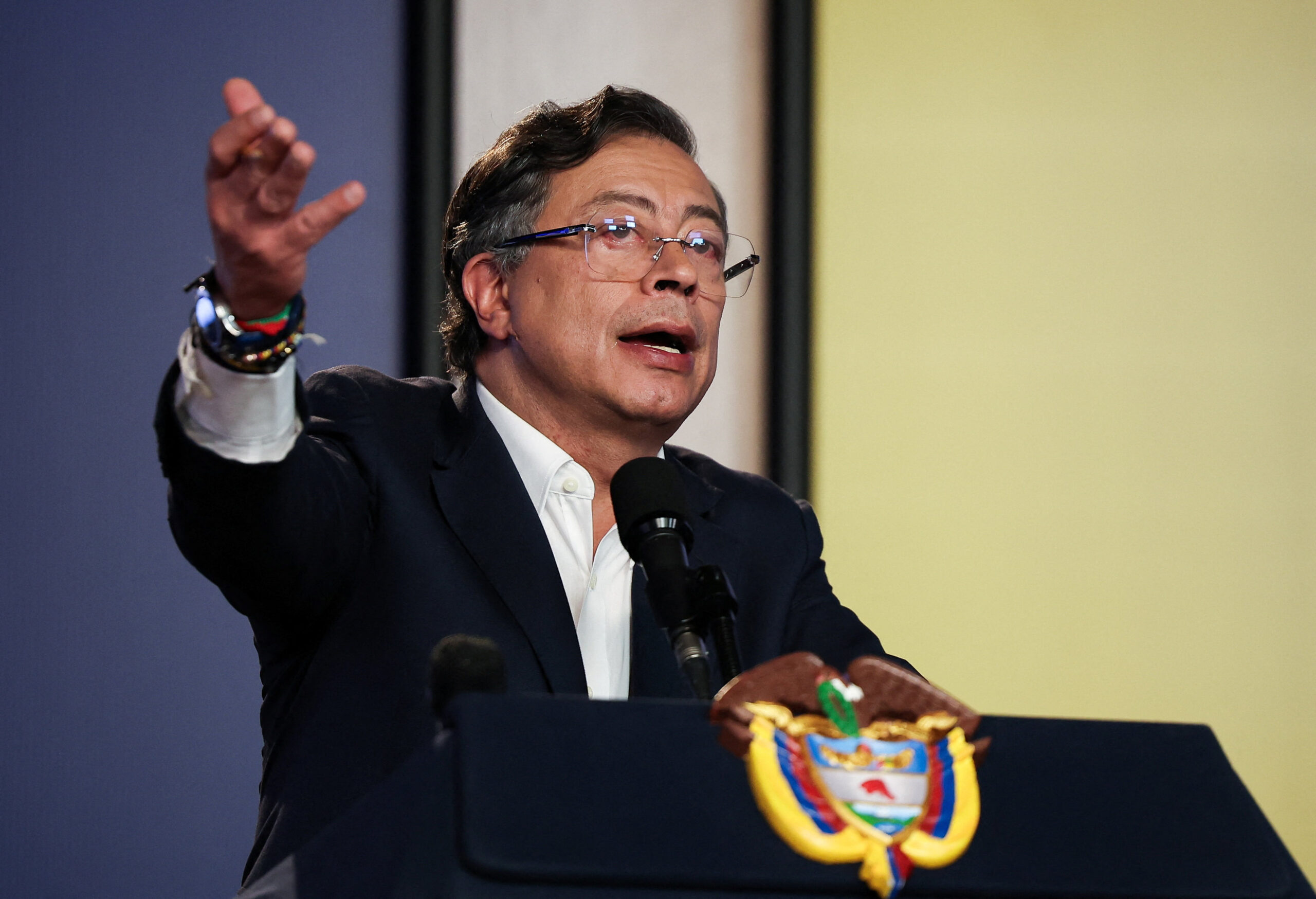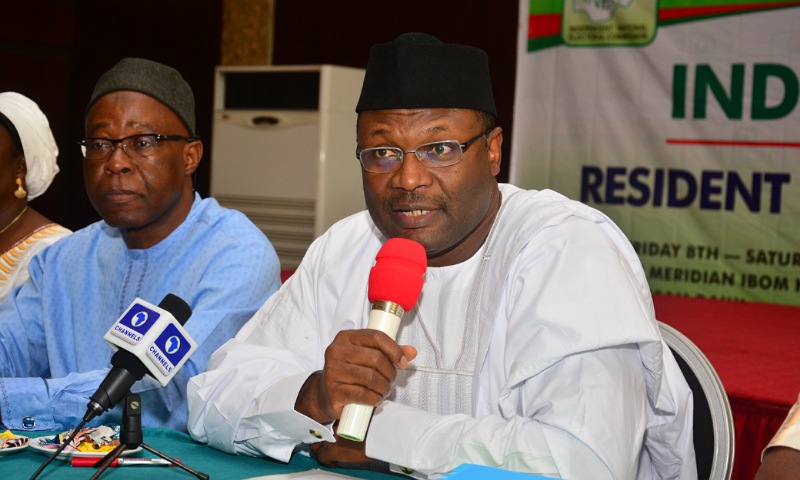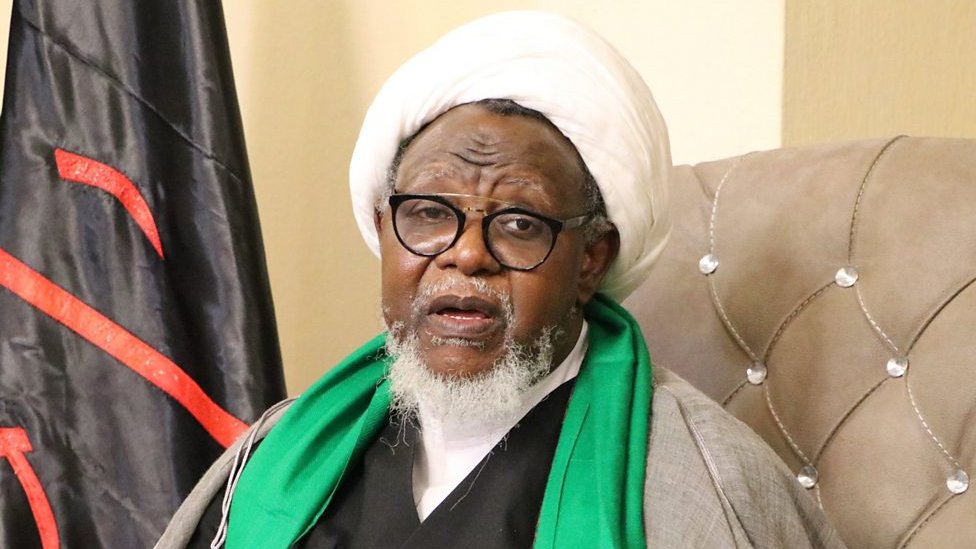The United States government has imposed sanctions on Colombian President Gustavo Petro, his wife Veronica Alcocer, his son Nicolas Petro, and Interior Minister Armando Benedetti. Officials claimed they failed to curb the drug trade and even benefited from activities tied to powerful cartels.
Why the Sanctions Were Imposed
According to U.S. Treasury Secretary Scott Bessent, cocaine production in Colombia has reached record levels since Petro took office. As a result, the Treasury Department decided to act, stating that the administration had ignored key intelligence on cartel operations. Furthermore, Washington believes Petro’s government has not done enough to dismantle smuggling networks despite repeated warnings.
Petro’s Response and Colombia’s Reaction
President Petro quickly denounced the sanctions, calling them politically motivated and unjust. He insisted that his government has achieved one of the largest cocaine seizures in the country’s history. Moreover, he argued that the United States is trying to punish Colombia for pursuing independent foreign policies. In response, Colombia recalled its ambassador from Washington and accused the U.S. of violating diplomatic norms.
Regional Impact and Growing Tensions
The decision by Washington has deepened tensions across Latin America. Many regional leaders have expressed concern that such aggressive measures could destabilize long-standing partnerships. Additionally, analysts warned that the move might push Colombia closer to alliances with China or Russia. For years, the U.S. and Colombia have shared a strong security relationship, but this latest dispute threatens to alter that dynamic.
What the Sanctions Mean
Under the sanctions, all U.S.-based assets belonging to the listed individuals are now frozen. Americans are also prohibited from conducting any transactions with them. Consequently, Colombian officials fear that international banking restrictions could disrupt the nation’s economy. Still, the United States maintains that the measures are necessary to fight drug trafficking effectively.
What Comes Next
In the coming weeks, Colombian authorities plan to challenge the sanctions through diplomatic and legal channels. Observers believe that if dialogue resumes, both nations could find a compromise. However, if talks fail, the fallout might harm bilateral trade and weaken cooperation in regional security efforts.
Conclusion
The U.S. sanctions against President Petro and his family mark a dramatic turn in relations between both nations. While Washington insists the decision aims to fight drug trafficking, Bogotá views it as a political attack. In the end, how both sides navigate this dispute will shape the future of U.S.-Colombia relations.
Bonus Read: FG Launches Solar Power Project for Hospitals and Universities




One thought on “US Sanctions Colombian President and Family Over Drug Allegations”